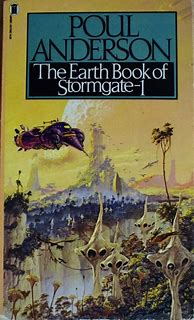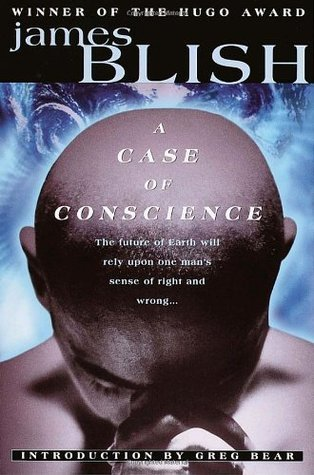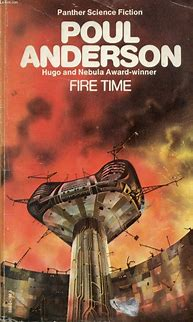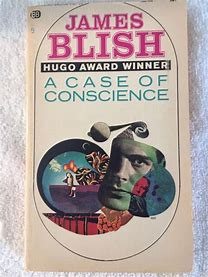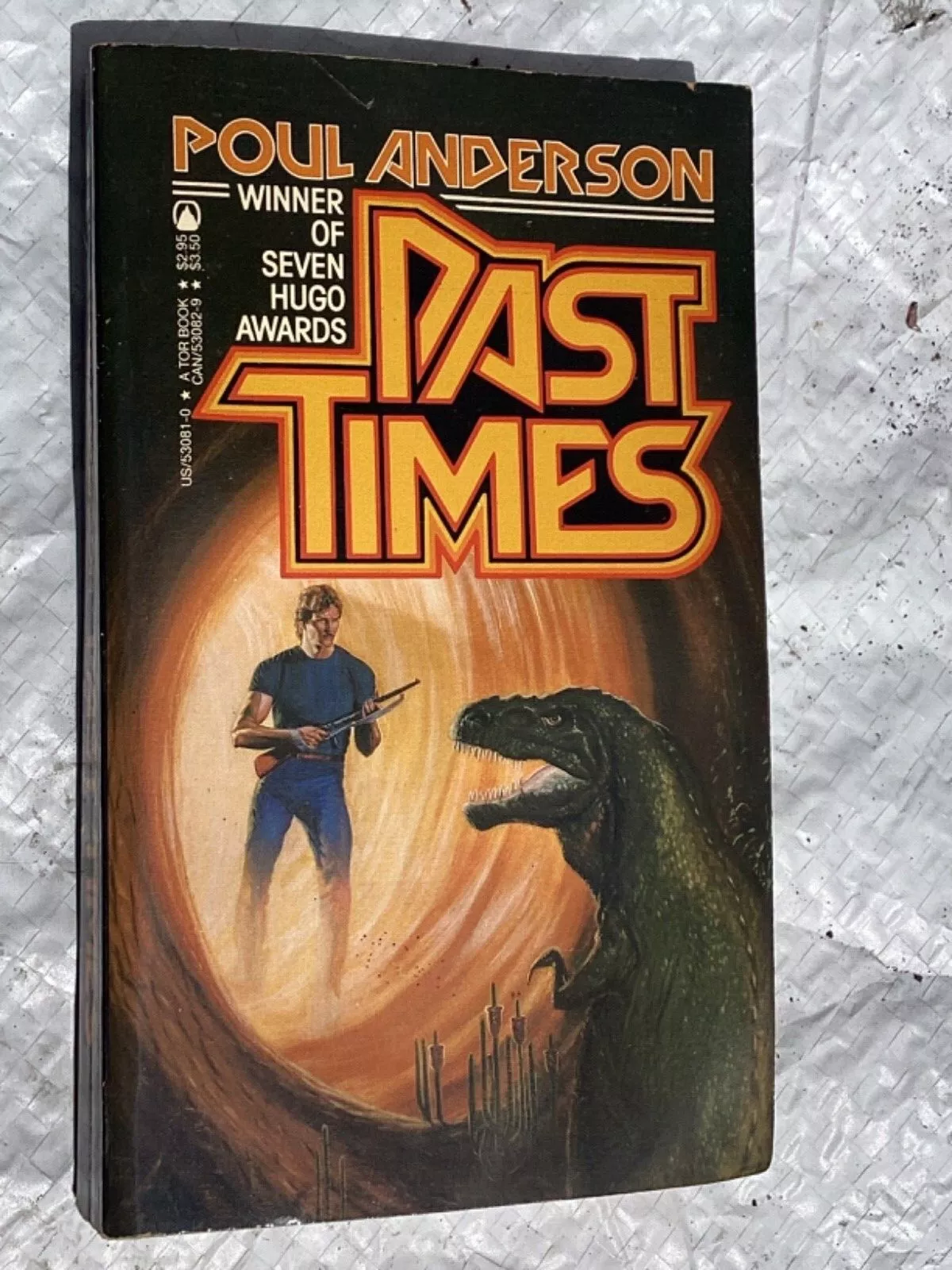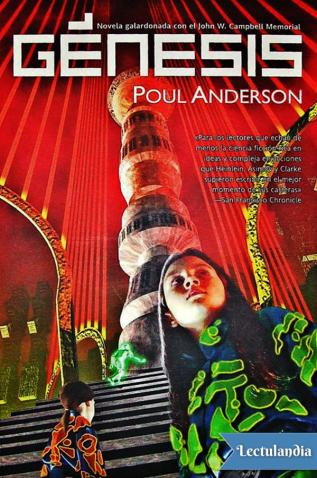What will interstellar explorers find in other planetary systems and in the spaces between them? Some, not all, sf merely projects Terrestrial international relations onto inter-species interstellar relations. Several interstellar novels by Poul Anderson do
not do this.
However, in Anderson's early Dominic Flandry stories, the Merseians are introduced merely as standard green-skinned space opera villains and the Terran Empire - not serious extrapolation - is just the Roman Empire with spaceships, a colourful backdrop for space opera adventures and even for carefully rationalized swordfights.
When the Flandry stories were incorporated into a future history series, the Terran Empire, like the Solar Commonwealth before it, became just one phase in the rise and fall of a civilization, the hostility of the Merseian Roidhunate was explained and we learned that not all beings of Merseian descent support the Roidhunate. It is a liberation when we read of friendly ychani/zmayi greeting Kossara Vymezal on her home planet, Dennitza.
But let's return to our theme of interstellar relations reflecting international relations. Is this what some people expect? I suppose that it has to be considered as one possibility:
"'...what happens if the next planet we hit is an outpost for a whole federation, maybe bigger than ours? When that day comes - and it will, it's in the cards -...'"
-James Blish, A Case Of Conscience IN Blish, After Such Knowledge (London, 1991), pp. 523-730 AT BOOK ONE, VI, p. 587.
I would say that it is improbable on several grounds but not, I suppose, impossible.
"The nightmare of finding the whole of the center of the Galaxy organized into one vast federation, much older than Earth's, had been troubling the State Department for a long time..."
-James Blish, "This Earth of Hours" IN Robert A. W. Lowndes (Ed.). The Best Of James Blish (New York, 1979), pp. 257-280 AT II, p. 263.
Nightmare? Yes, to a government that conducts its foreign affairs through a State Department! Current knowledge implies an uninhabitable galactic centre but that is not the main issue here. Would interstellar federations, if they exist, merely absorb or swallow newly discovered planets?
Different branches of Blish's Haertel Scholium present the Heart Stars, the Central Empire, the Green Exarchy and Cleaver's speculation in A Case Of Conscience. In Blish's Cities In Flight, Earthman culture is preceded by the Vegan Tyranny and succeeded by the Web of Hercules. Blish said that interstellar space was vast enough that such conflicts could usually remain indecisive.
Anderson's Terran Empire falls but before that the Merseian Roidhunate is demoralized mainly by repeated defeats at the hands of Dominic Flandry.
